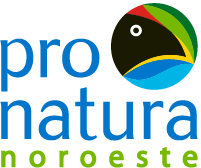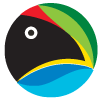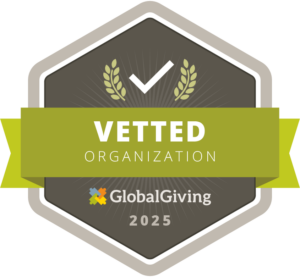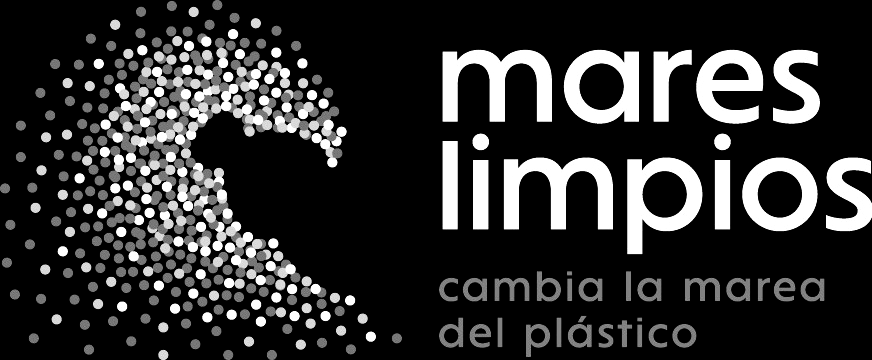Press release
Ensenada B. C., February 27th, 2020
“It’s very simple. You have to use the resource without finishing it off,” said Gustavo Danemann, Executive Director of Pronatura Noroeste, recalling the words of an El Coyote fisherman during one of the first site visits he made –in the Baja California peninsula– 23 years ago when he first started working for the organization. This visit gave rise to the first meeting on the responsible fishing of octopus, a product that is part of daily life on the Coast.
Benito Molina and Solange Muris hosted the meeting, convened by Pronatura Noroeste (on February 27th), at Manzanilla. During the meeting fishermen, restaurateurs, chefs, authorities, and those interested in sustainable fishing dialogued, exchanged ideas and opinions, and established ties.
Thinking about the sustainability of a product extracted from the sea is a priority issue, a clear example of which are the seven fisheries in Bahía de los Ángeles that were affected for a half century and are no longer used today: mother-of-pearl clam, white seabass, shark, loggerhead sea turtle, gulf coney, Pacific calico scallop, and sea cucumber.
For this reason, one of the objectives of this meeting was to publicize the work of the Divers of Bahía and the Shore Divers of the Sea of Cortez, two groups that fish octopus in Bahía de los Ángeles and that use the MSC standard. By sharing their experience, they showed how by being part of the Fishery Improvement Project (FIP), they place their fishery in a continuous process of improvement to increase the quality of their product, since 87% of octopus production in Baja California comes from this bay, which is located in one of the state’s Natural Protected Areas.
Drew Deckman, an activist chef for sustainable fishing, emphasized the importance of marketers and producers knowing “from where the product comes and how it was fished, since unfortunately there are still people who keep buying a product they don’t yet know is illegal,” because it does not comply with regulations and proper management. The fishermen requested support from authorities in this matter to reinforce surveillance in the sea, ensure the fishery ban is followed, and continue implementing the Octopus Fisheries Management Plan.
For his part, Ezequiel Hernández of the Ja Mat’ marketing company stated the need of establishing a strategy to ensure product quality and proper management techniques, from how the product is removed from the sea, to how it is killed, to how it is managed and transported. In addition, it is important to create a market for this product with support from gastronomic representatives –like those present at the meeting– to achieve responsible production and consumption. Both aspects are important to achieving an economic impact in favor of the fishermen.
As consumers, when processing and serving “we want octopus all year round that is sustainable, responsible, of legal size, invoiced, and from fishermen with smiles on their faces because they are living and improving their lives. This is what I want, and I hope this is what the other chefs and restauranteurs want,” said Deckman.
At the same time, Manuel Chan of Kun Products said, “I think that what those of us who are dedicated to publicizing and selling these products need to do is talk to the restauranteurs and all of the chefs and explain what you [producers in the FIP] are doing.”
Among those who attended the meeting were: Ezequiel Hernández – Ja Mat’ marketer, Manuel Chan – Kun Products marketer, Víctor Macías – Sargazo marketer, Drew Deckman – Deckman’s restaurant, Benito Molina and Solange Muris – Manzanilla restaurant, Celina Domínguez, Undersecretary of Fishing, Ministry of Economic Sustainability and Tourism, State Government, Divers of Bahía S.P.R. de R.L; Shore Divers of the Sea of Cortez S.P.R. de R.L., Buzos Orilleros del Mar de Cortés S.P.R. de R.L., Gustavo Danemann, Alejandro Castillo, Carlos Álvarez, Christian Morales – Pronatura Noroeste, Oliver Seki – Seki Japanese Baja Cuisine restaurant, Wilfredo Ojeda – Bajura Pesca Silvestre marketer, among others.
Pronatura Noroeste staff appreciated the presence of each guest and promised to follow up on the issues raised and work collaboratively for the conservation of marine resources. At the end of the meeting, chefs Benito Molina, Solange Muris, and Drew Deckman delighted attendees with a tasting of dishes made with octopus from Bahía de los Ángeles.
It should be noted that the same morning the fishing organizations – Divers of Bahía and Shore Divers of the Sea of Cortez – met with CONAPESCA, INAPESCA, the B.C. State Government, CESAIBC, CONANP, and Pronatura Noroeste, all members of the octopus FIP, in a working session to follow up on the tasks outlined for 2020 and coordinate efforts to advance the workplan developed by the same participants.
Relevant issues dealt with included strengthening the monitoring and information system through implementation of an electronic log; management of the publication of the Octopus Fisheries Management Plan; surveillance of compliance with the fishing ban; and improvement in the management of the product to ensure its quality.
Progress can be tracked on the fisheryprogress.org platform.
